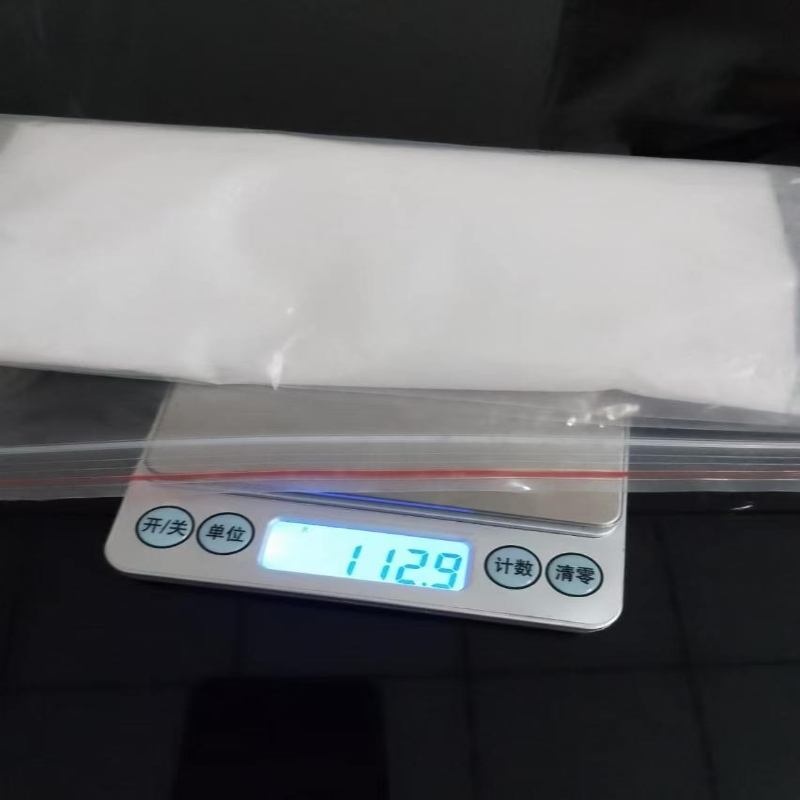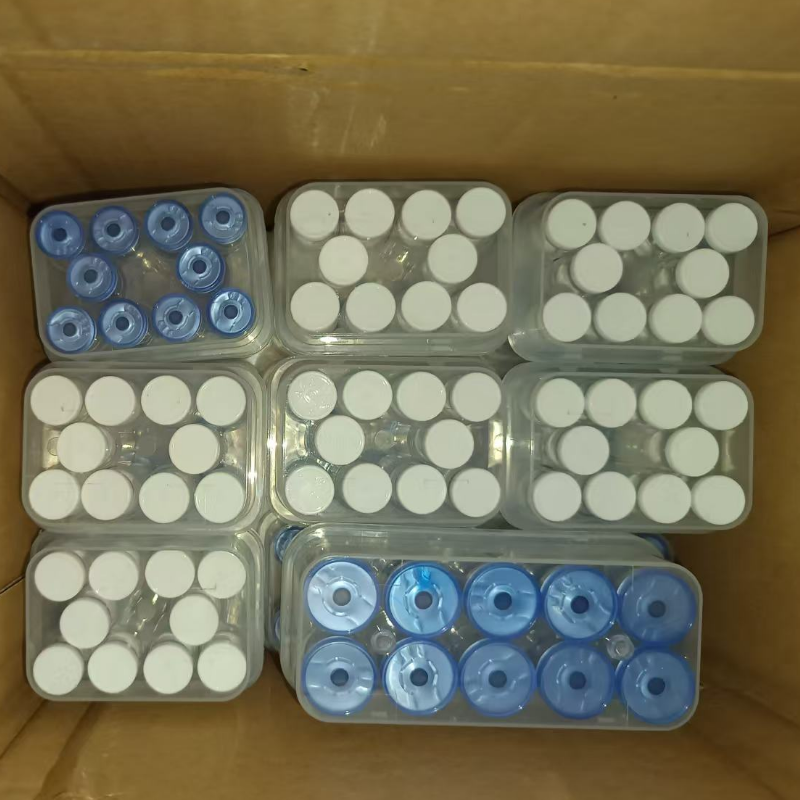-
Categories
-
Pharmaceutical Intermediates
-
Active Pharmaceutical Ingredients
-
Food Additives
- Industrial Coatings
- Agrochemicals
- Dyes and Pigments
- Surfactant
- Flavors and Fragrances
- Chemical Reagents
- Catalyst and Auxiliary
- Natural Products
- Inorganic Chemistry
-
Organic Chemistry
-
Biochemical Engineering
- Analytical Chemistry
-
Cosmetic Ingredient
- Water Treatment Chemical
-
Pharmaceutical Intermediates
Promotion
ECHEMI Mall
Wholesale
Weekly Price
Exhibition
News
-
Trade Service
This article is the original of Translational Medicine Network, please indicate the source for reprinting
Written by Jevin
The incidence of most cancers increases significantly with age, and cancer is the second leading cause of death in older adults, so cancer is considered a major age-related disease
in the United States and Europe.
However, public health efforts focusing on cancer prevention in middle age and old age have focused primarily on
vaccination and screening.
Although novel cancer treatments aim to block multiple pathways through cancer development by combining multiple drugs, the concept has yet to translate into cancer prevention
.
Recently, researchers from the University of Zurich in Switzerland and Harvard University in the United States published research papers
in Frontiers in Aging.
The study found that simple three lifestyle changes, high-dose vitamin D, omega-3s and simple home exercise programs reduced cancer risk by 61 percent in people over 70.
style="box-sizing: border-box;">Research background
01
Regarding vitamin D and cancer prevention, in mechanistic studies, vitamin D inhibits the growth
of cancer cells by regulating several genes responsible for cell proliferation and differentiation.
In addition, observational studies support an inverse correlation
between blood vitamin D levels and overall cancer risk.
However, data from clinical trials testing vitamin D supplementation generally suggest that vitamin D has no benefit in preventing cancer, but may reduce the risk of
advanced and fatal cancers.
Regarding omega-3s and cancer prevention, mechanistic studies have shown that omega-3s can inhibit carcinogenesis by inhibiting inflammation, cell proliferation, and angiogenesis
.
In addition, the importance of cancer cell lipid metabolism has recently attracted the attention of cancer research, which has led to the emergence of another mechanism by which both omega-3 and omega-6 supplements act on the cancer cell death
of acid cancer cells through iron osmosis.
However, cohort studies on the association of omega-3s with total cancer risk are inconclusive
.
In addition, a 2020 meta-analysis of 27 trials involving 113,557 participants at an average dose of 1.
7 grams of omega-3 with an average duration of 32 months
.
The results showed little or no benefit
on any cancer diagnosis or risk of cancer death.
Exercise can reduce cancer risk through several mechanistic pathways, including reducing inflammation and improving immune function
.
Observational studies consistently support that higher physical activity reduces the risk of many types of cancer and increases cancer survival
.
However, clinical trials
testing the effects of exercise on cancer prevention are still lacking.
Research process
02
The researchers recruited 2,157 healthy adults from Switzerland, Germany, Austria, France, and Portugal, and the inclusion criteria were no major health events in the 5 years prior to enrollment, including cancer diagnosis, recurrence, treatment, sufficient mobility to study the center, and good cognitive function
.
Participants were asked to limit the use of vitamin D from all supplemental sources to the recommended dietary intake for seniors (800 IU per day) and to abstain from any supplemental omega-3 intake
.
All participants signed the informed consent form
.
The researchers randomly divided the subjects into eight groups
.
Research significance
03
2,157 participants in this three-year, multicenter, double-blind randomized controlled trial were randomized
.
At a median follow-up of 2.
99 years, 81 cases of invasive cancer were diagnosed and
validated.
For the three separate treatments, the adjusted hazard ratio was 0.
76 for vitamin D, 0.
70 for omega-3s, and 0.
74
for SHEP.
For the combination of the two treatments, omega-3s plus vitamin D is 0.
53, vitamin D plus SHEP is 0.
56, and omega-3s plus SHEP is 0.
52
.
For a combination of all three treatments, the adjusted for 0.
39
.
The results showed that all three simple approaches had a cumulative benefit on the risk of aggressive cancer, with each treatment having a small individual benefit, but when all three treatments were combined, cancer risk was reduced by 61%
overall.
Taken together, combining vitamin D, omega-3 fatty acids, and a simple home exercise program can reduce cancer risk
in active adults aged 70 and older.
Resources:
style="white-space: normal;box-sizing: border-box;">Note: This article is intended to introduce the progress of medical research and cannot be used as a reference
for treatment options.
If you need health guidance, please go to a regular hospital
.
(Click above to view the detailed schedule)







